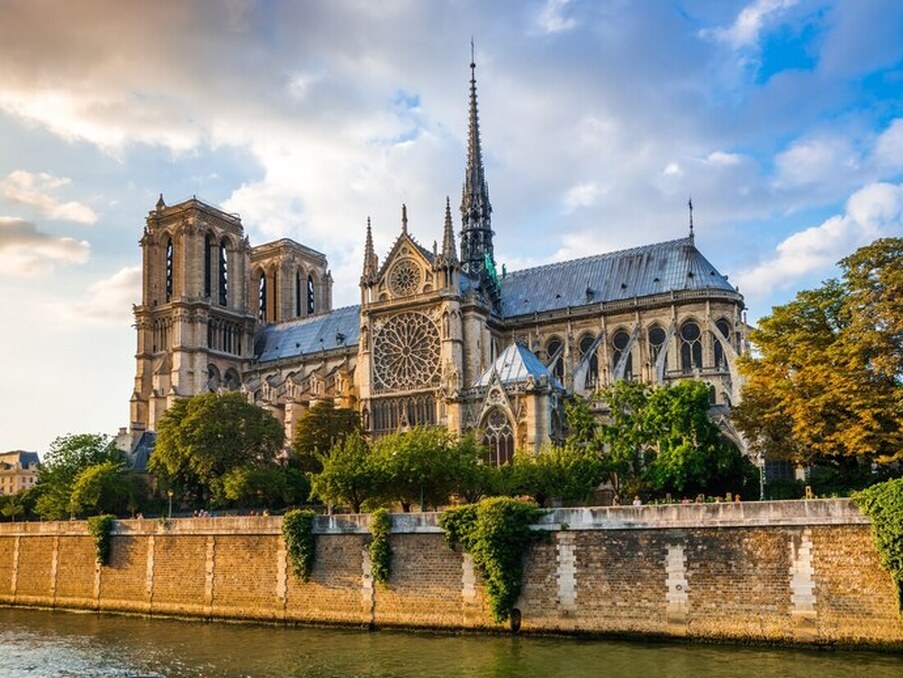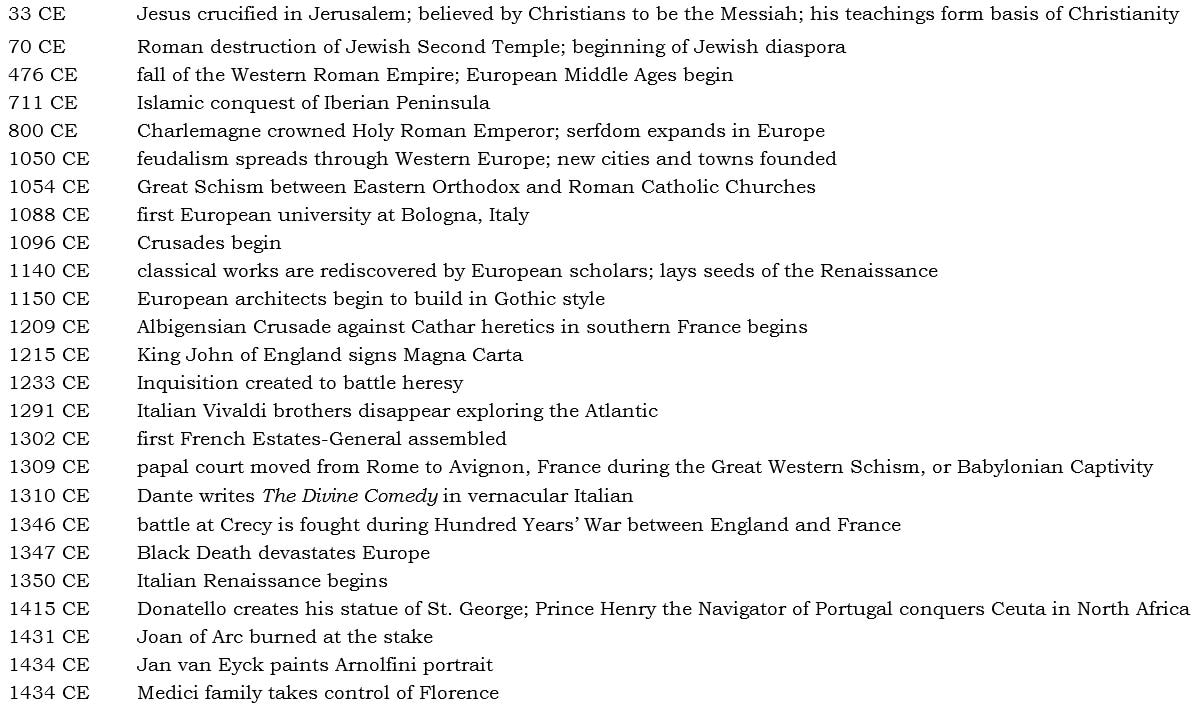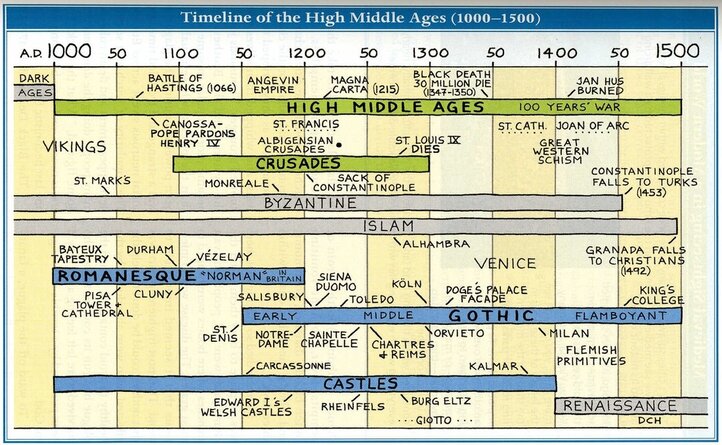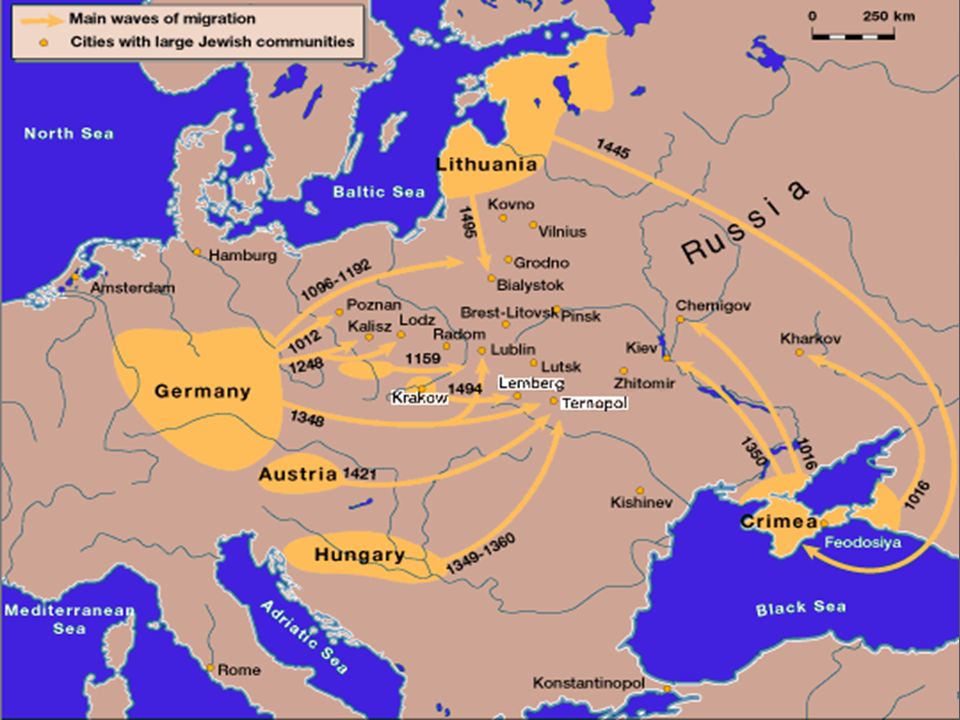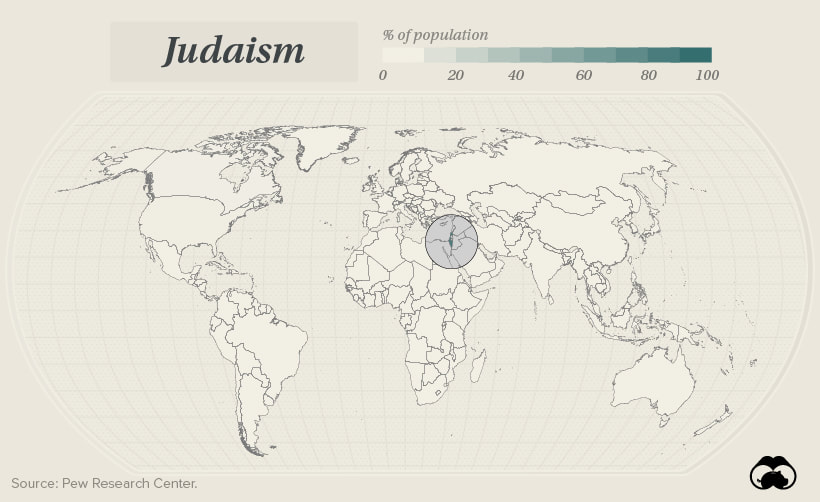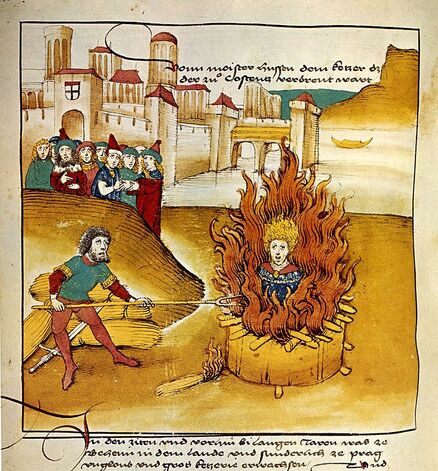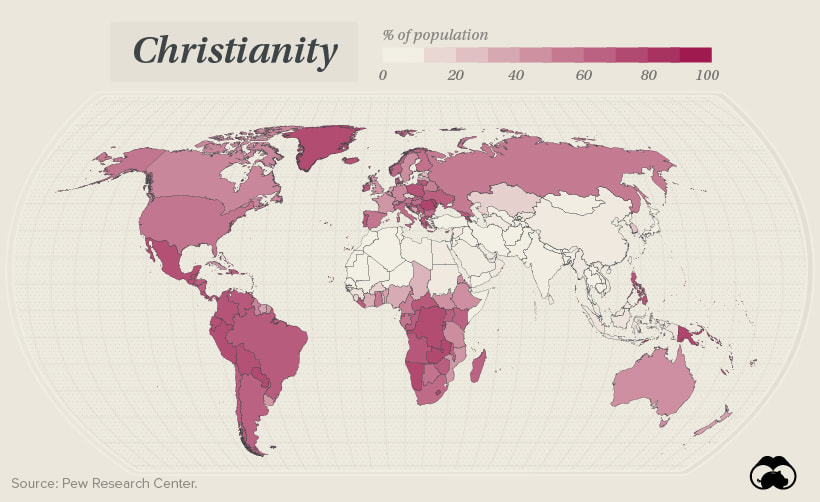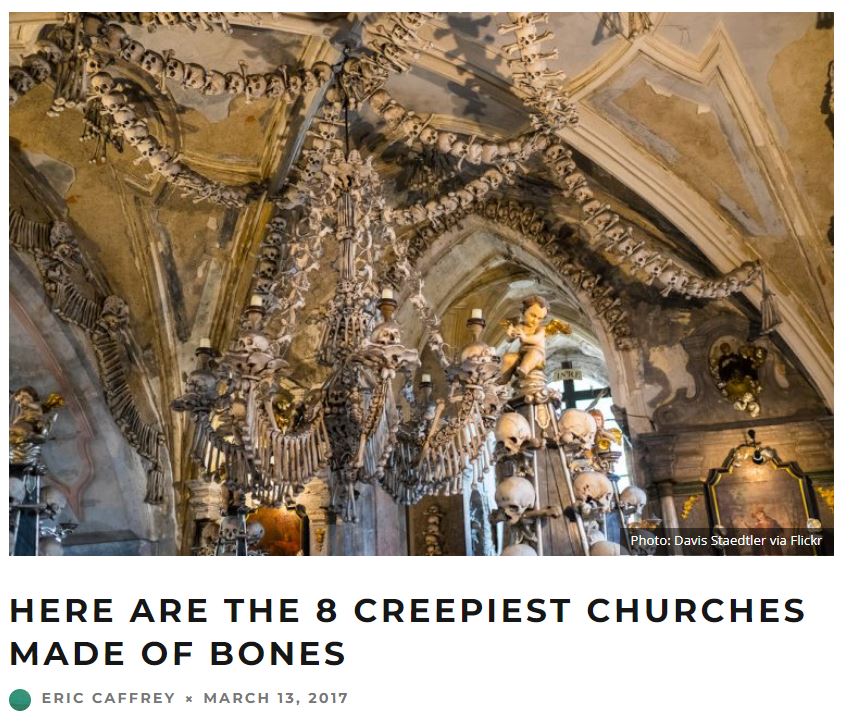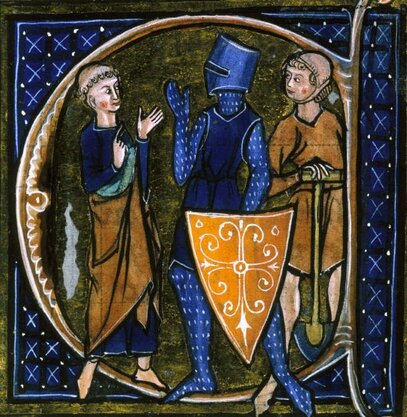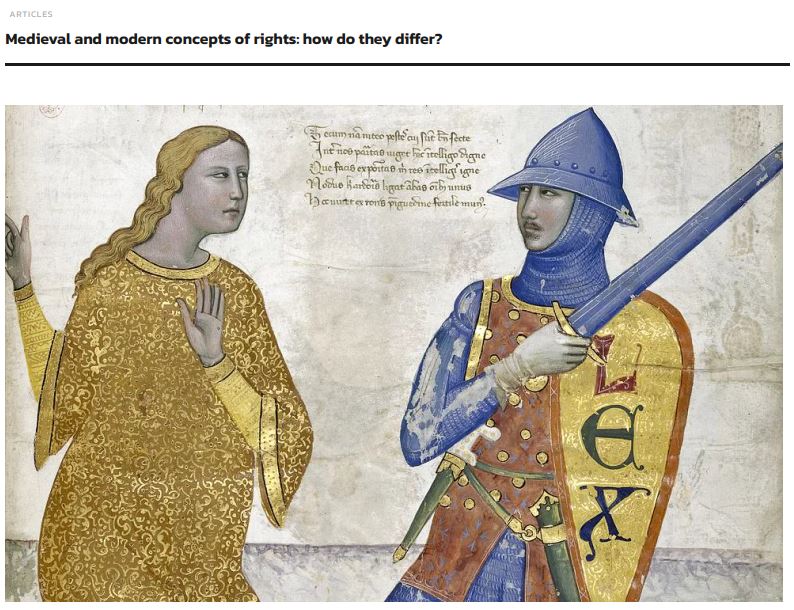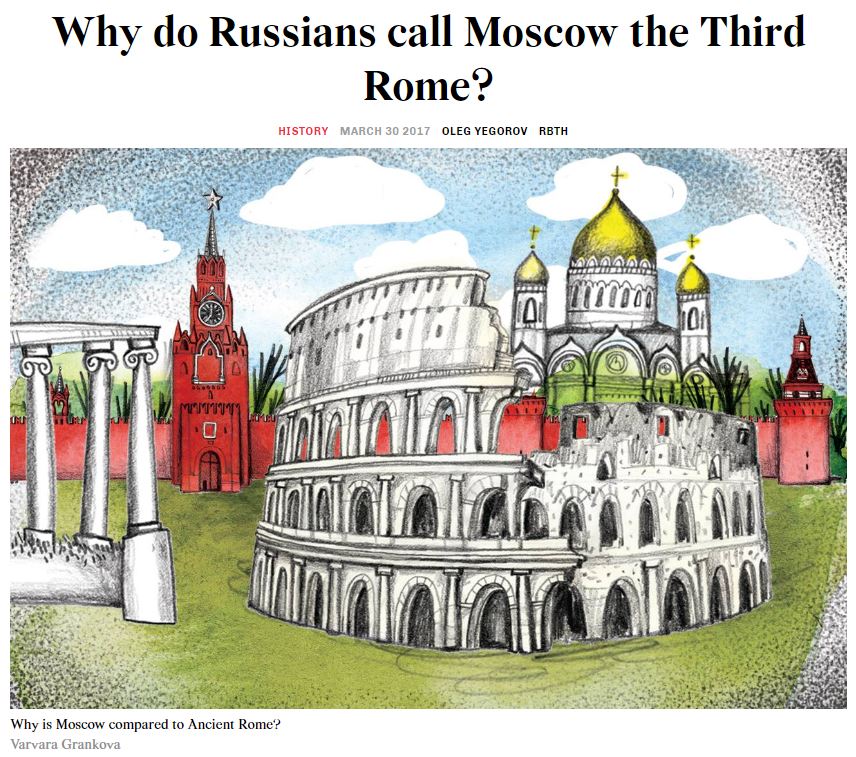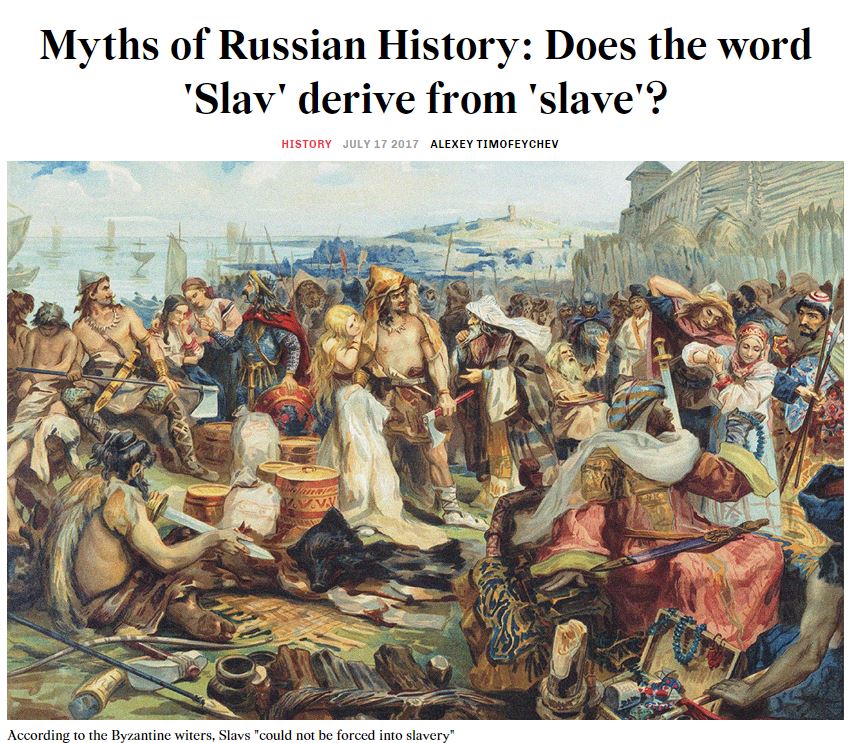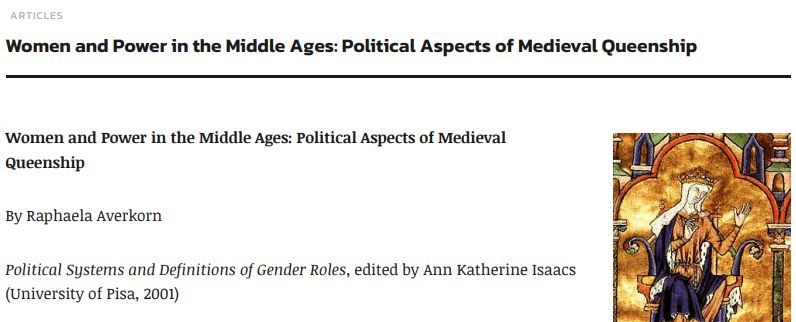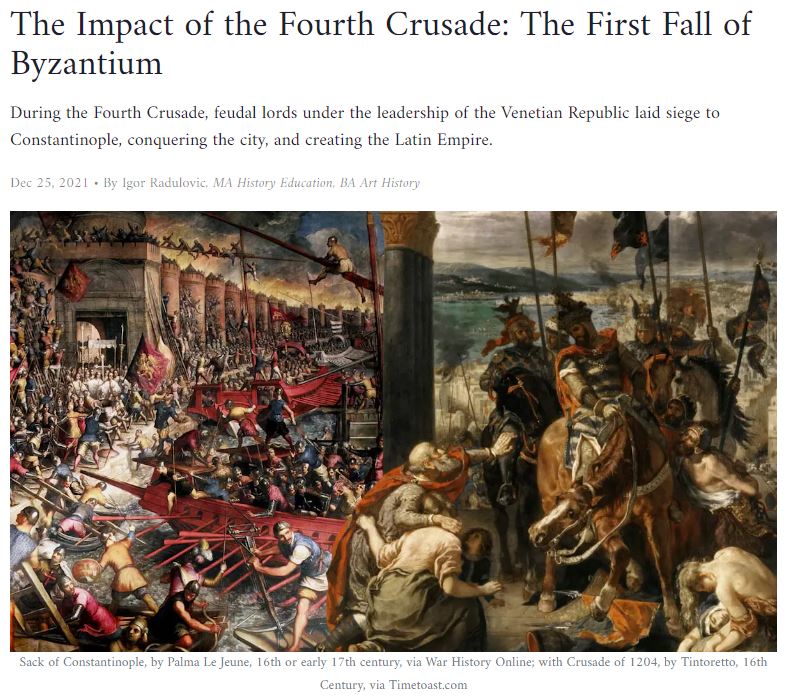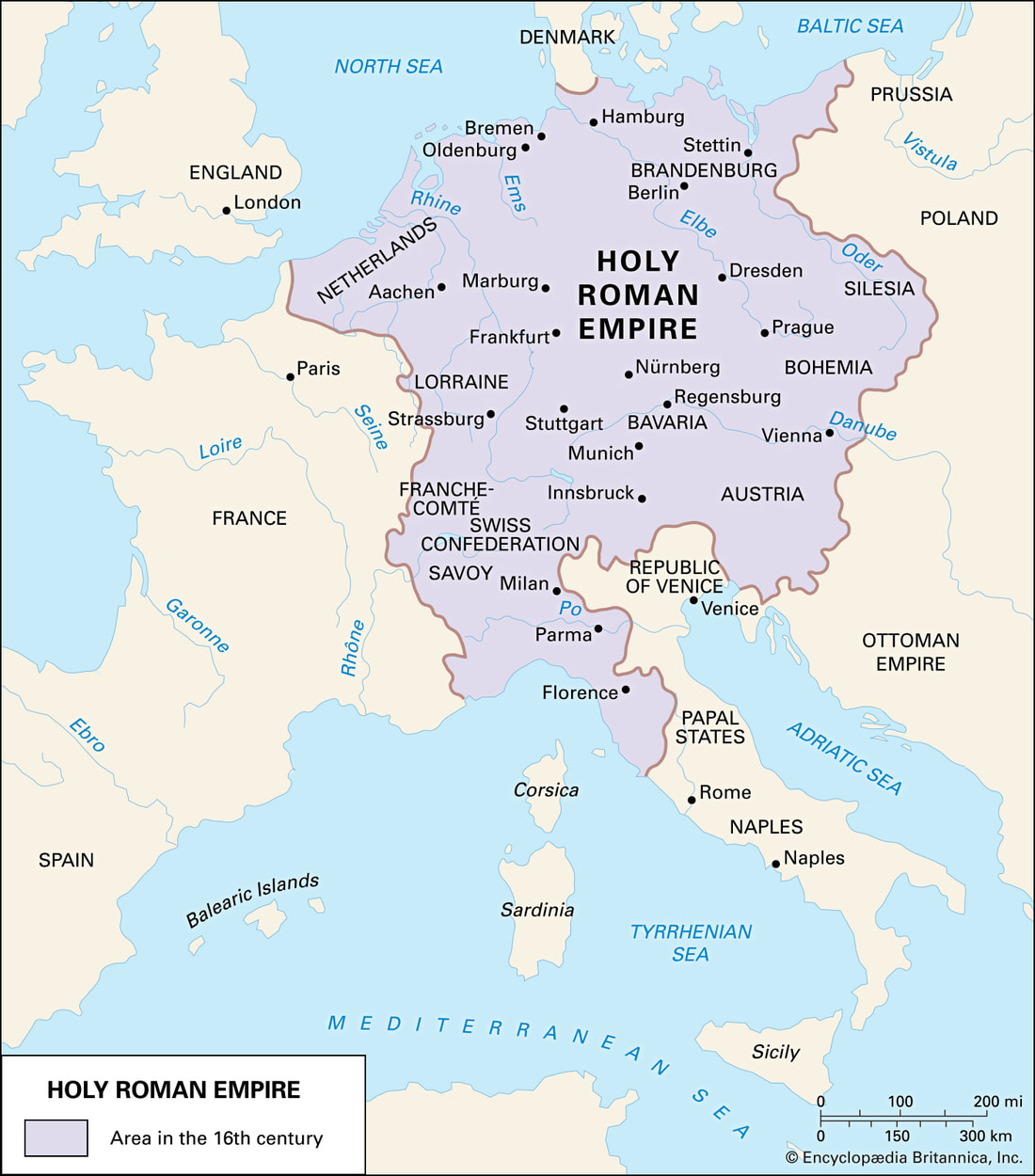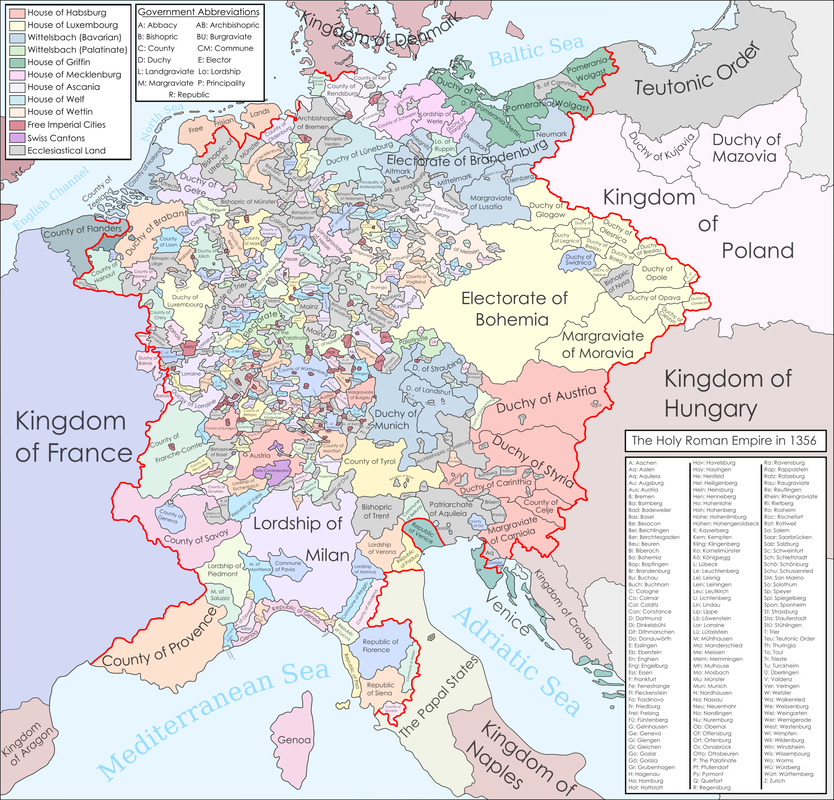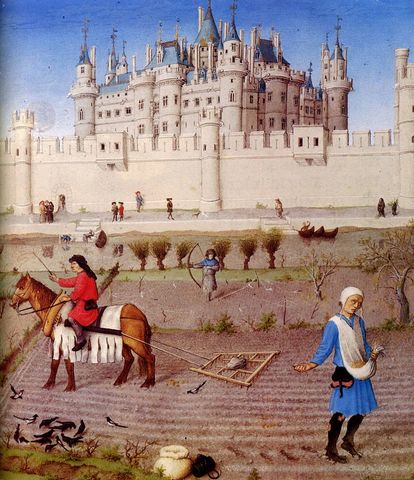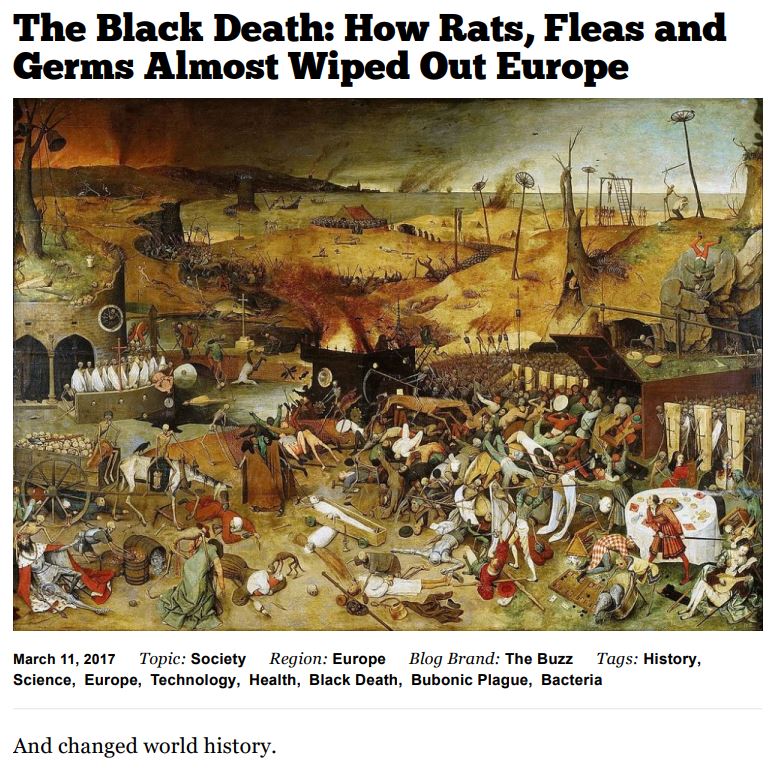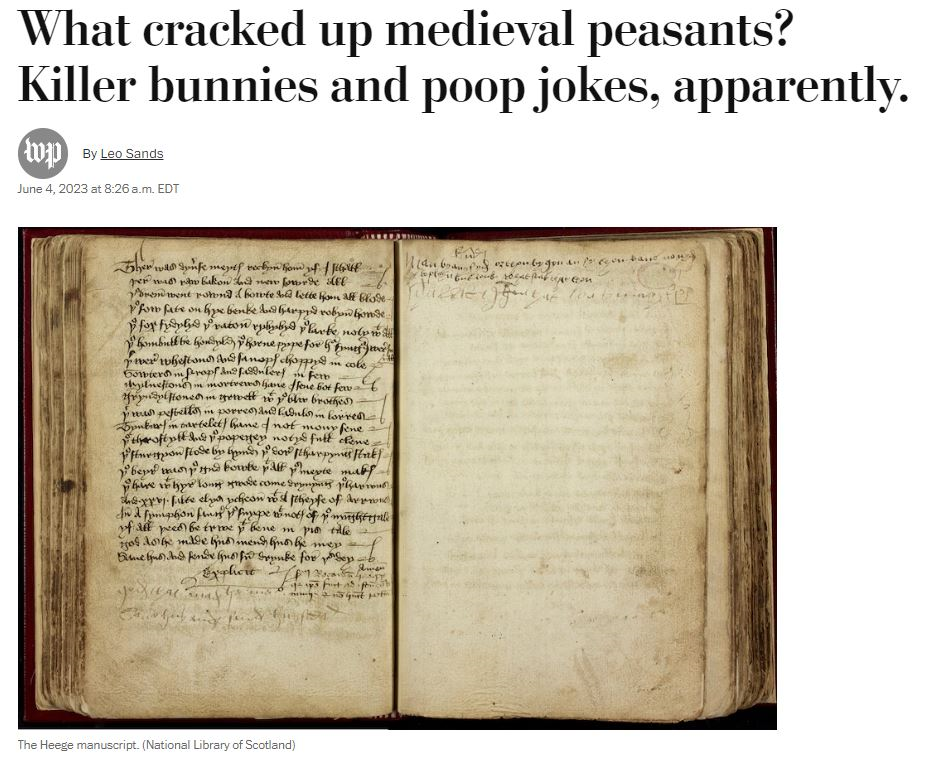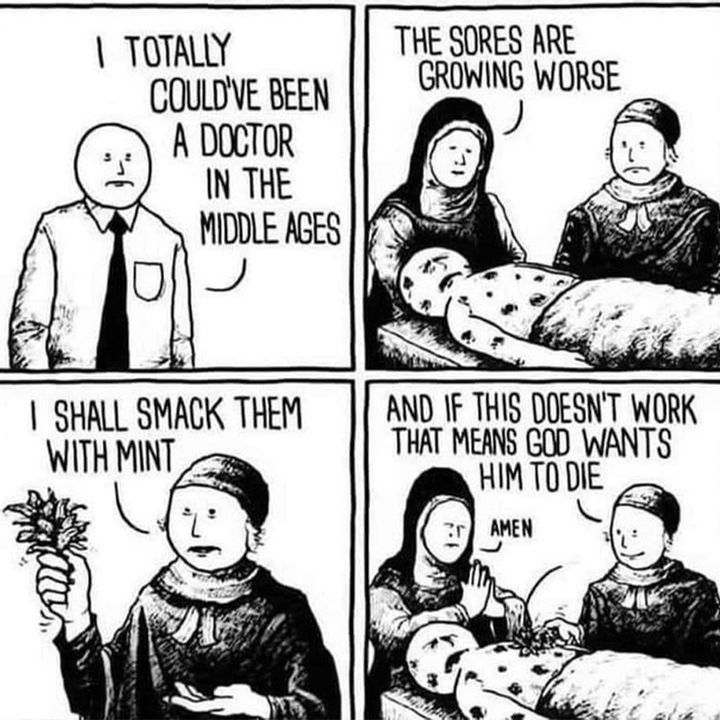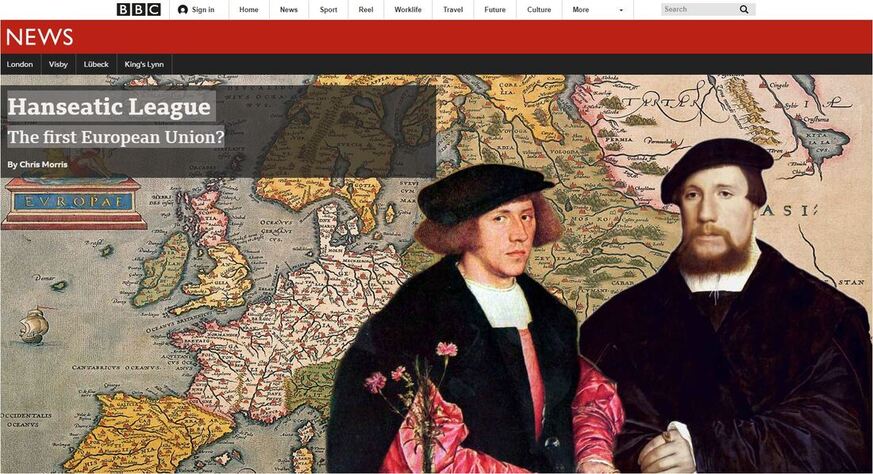Europe
c. 1200-1450
Notre Dame de Paris, built 1160-1260 CE, is one of the best-known Gothic cathedrals.
Contents
Europe, c. 1200-1450
Objectives
- Explain how the beliefs and practices of the predominant religions in Europe affected European society.
- Explain the causes and consequences of political decentralization in Europe from c. 1200 to c. 1450.
Judeo-Christian Traditions
|
Ashkenazic Jews resettled in Eastern Europe after their forced expulsion from Western European states during the Middle Ages.
Judaism in the world today
|
Christianity, Judaism, Islam, and the core beliefs and practices of these religions continued to shape societies in Europe.
audio pronunciation guide:
|
|
Jan Hus is considered the first Church reformer. He was burned at the stake for heresy against the doctrines of the Roman Catholic Church.
Christianity in the world today
|
audio pronunciation guide:
Christianity
|
|
Judeo-Christian Traditions (comprehensive)
Judeo-Christian Traditions (abridged)
|
Feudalism
|
A 13th century French representation of the tripartite social order of the middle ages – Oratores: "those who pray", Bellatores: "those who fight", and Laboratores: "those who work".
|
Europe was politically fragmented and characterized by decentralized monarchies, feudalism, and the manorial system.
audio pronunciation guide:
|
|
|
|
|
Feudal Europe (comprehensive)
Feudal Europe (abridged)
|
Manors & Burghers
|
Europe was largely an agricultural society dependent on free and coerced labor, including serfdom.
audio pronunciation guide:
|
|
Manors & Burghers (comprehensive)
Manors & Burghers (abridged)
|
